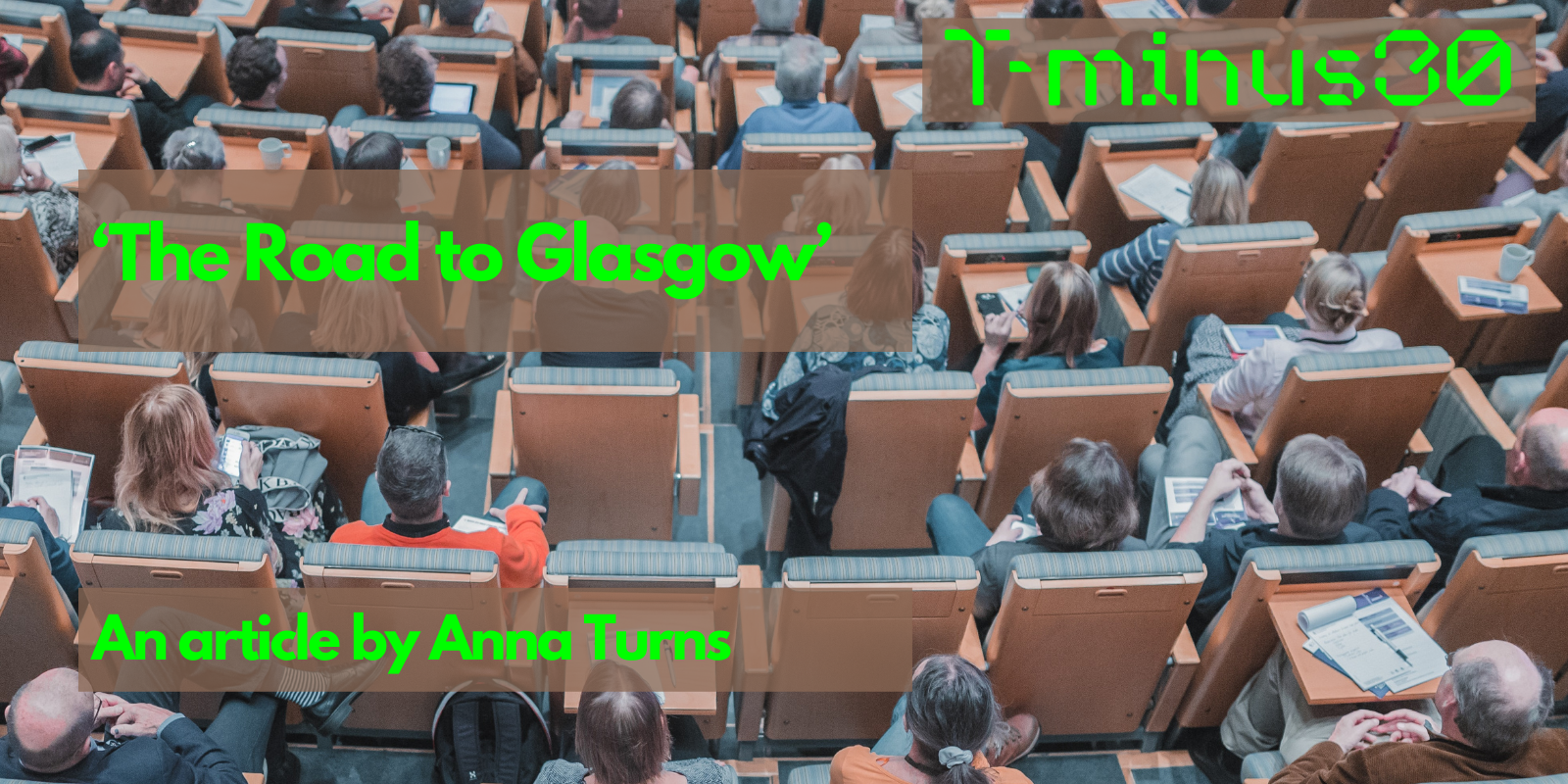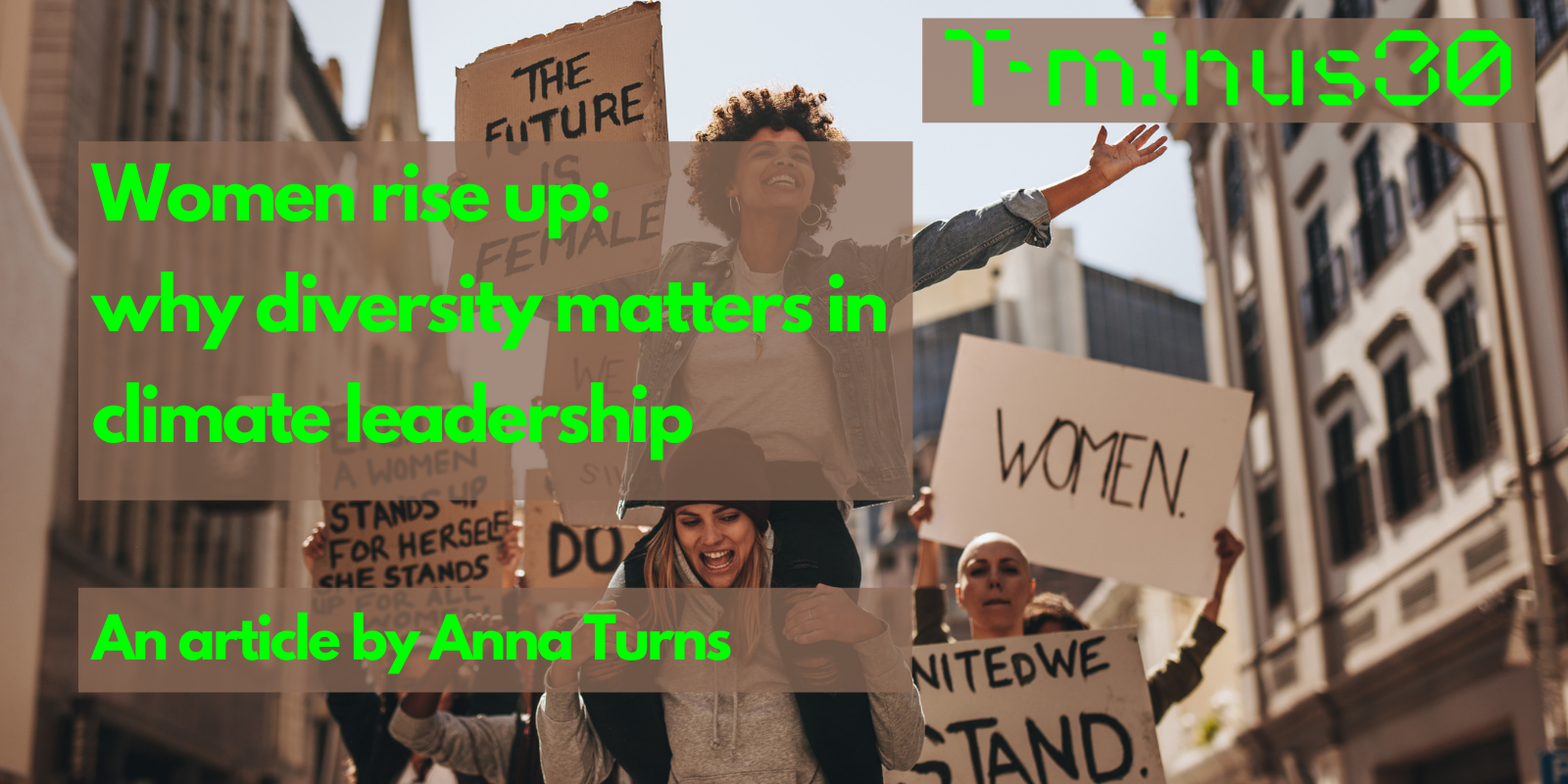Anna Turns investigates why the finance sector urgently needs to change to help mitigate the climate crisis
In the five years since the Paris Agreement was adopted, the world’s 60 biggest banks have financed fossil fuel extraction with $3.8 trillion, according to this Rainforest Action Network’s report. So when I asked to see my high street bank’s investment policy a few years ago, I knew that, like most retail banks, they invested in fossils fuels, arms and tobacco. The incredibly cagey response I received triggered me to switch banks immediately and this really is one of the best things anyone can do to drive positive environmental change, whether you’re a self-employed citizen or a high-net-worth CEO. By moving to Triodos, a bank that only makes climate-friendly, ethical investments (yes, it was quick and hassle-free), I’ve ensured that my money won’t fuel dirty business.








